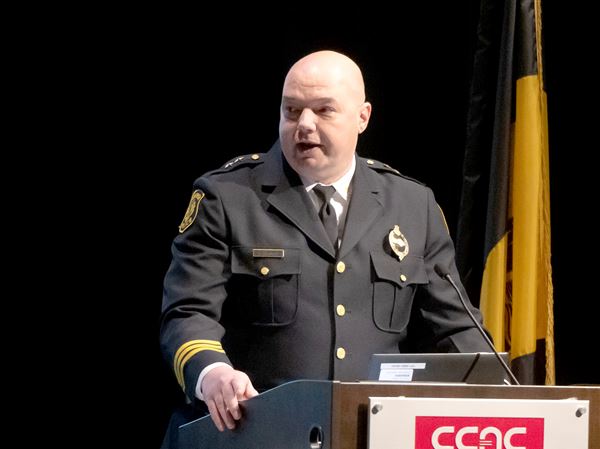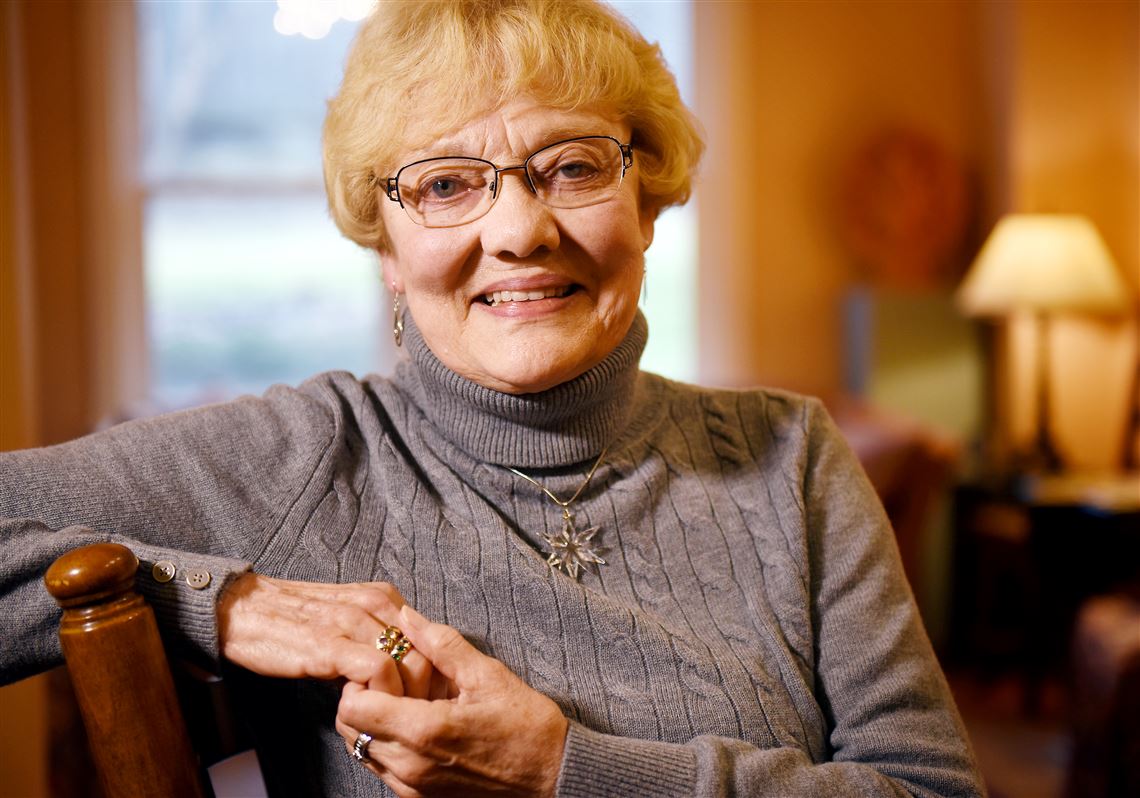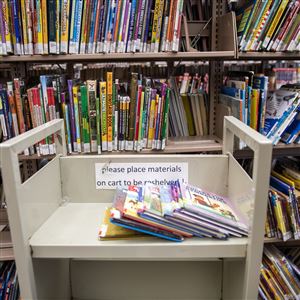It still stings when Verna Robinson thinks of the words from the “dear, dear, dear woman” who meant only to comfort following the death of Ms. Robinson’s daughter. “She’s in a better place,” the woman told her, referencing Ms. Robinson’s daughter, Cydra Vaux, who died in 2013 after battling breast cancer for more than a decade.
Nothing about the situation — her 51-year-old daughter gone, leaving behind a husband and a young son — just before the opening of her first solo sculpture exhibit, struck Ms. Robinson as “better” than her daughter being alive.
It’s a common experience for those dealing with the death of a loved one: interactions with those who mean well can be fraught with clumsiness and hurt feelings.
“I have learned that I never really knew what to say to others in need,” wrote Facebook executive Sheryl Sandberg in a widely shared post in June after the sudden death of her husband. “I think I got this all wrong before.”
It was, in part, hearing about missteps in sentiments toward the grieving that led Lillian Meyers, a Bethel Park psychologist and grief educator who lost her youngest son nearly 35 years ago, to write a book, “I’m Sorry For Your Loss,” on managing grief.
“I wrote the book, ‘I’m Sorry For Your Loss,’ because that’s all you need to say, and once you have, you need to shut up,” she said bluntly.
Ms. Meyers runs the Pittsburgh chapter of a national organization called Compassionate Friends, which offers support groups to those who have lost a child, sibling or grandchild.
From her years working with the grieving, she has identified a few common missteps made by those who are attempting to offer comfort. One impulse is something she calls “buck-up platitudes” in which people try to provide a solution to make the person feel better. Comments might include “You have to get on with your life” or “It is a blessing as they were so old and not well” or “It must be a relief not to have to go to the hospital every day.”
She puts religious platitudes such as “It was God’s will” or “God never gives us more than we can handle” in a similar category.
“We live in a society that is both uncomfortable with loss and committed to quick-fix solutions,” she writes. “As a result, many well-meaning individuals try to fix a mourner’s grief with words. This is always more hurtful than helpful.”
What struck Ms. Robinson, of Penn Hills, after her daughter’s death, was hearing the phrase, “I know how you feel.” She believes that everyone grieves differently and that every situation is different. Her grief when her elderly mother died, for example, was quite different than how she felt after the loss of her daughter.
Having been through the loss of her husband, Ms. Sandberg wrote that she now realizes the advice that she thought she was giving to those who were grieving may not have been helpful.
“I tried to assure people that it would be okay, thinking that hope was the most comforting thing I could offer,” she wrote in the Facebook post, which received nearly a million likes. “Real empathy is sometimes not insisting that it will be okay but acknowledging that it is not.”
At the Good Grief Center for Bereavement Support in Squirrel Hill, director Diana Hardy also sees people struggling with comments meant to make them feel better. Often, those who have suffered a loss are urged to put their grief on a timeline, hearing that they should feel better after six months, or a year. “A lot of people expect that grief is a linear process where it’s really an emotional roller coaster,” she said. “They might feel off guard when they’ve had a few good days and then they have a grief burst. It’s good to know that it’s very normal to have these reactions.”
Rather than giving advice, Ms. Hardy recommends giving the person the opportunity to share their feelings and memories about their loved one.
“We don’t really know how someone is feeling unless we ask them,” she said. “Give them a space to talk about any memories they might have that they want to reminisce about.”
It’s also important to ask the person whether they want to talk, she said, noting that it’s different for everybody.
For Ms. Robinson, talking about her daughter helps keep her memory alive. She appreciated, and continues to appreciate, when friends and family share their memories of her daughter, who taught art for more than a decade at Shady Side Academy. She keeps cards with the website for Ms. Vaux’s ceramic studio, www.womansculpture.com, which includes galleries of her many sculptures.
Ms. Robinson is also thankful for the efforts of friends who attempted to take her out of the house and keep her company. “For me, you want to isolate, pull into your grief,” she said.
Ms. Meyers also advocated offering to help those who are grieving with daily tasks that might suddenly seem overwhelming. “Grievers don’t have a lot of energy, so, ‘I’m going to the grocery store. Can I get you anything?’”
She also recommends making sure to keep in touch after the initial wave of funeral arrangements and visitors passes.
Ms. Hardy, of the Good Grief Center, recommends taking the time to check in on important dates, such as anniversaries, holidays and birthdays.
Still, even for those who have been through the process, it isn’t always easy to know what to do.
Ms. Robinson, who is now retired but spent some of her career as a diagnostic medical sonographer working with children who needed organ transplants, regularly faced situations where she interacted with grieving parents. Yet even after the death of her daughter, she still doesn’t always know what to say to others who have lost a loved one.
“Especially having had this happen, it can be delicate,” she said. “I can understand having the shoe on the other foot. You don’t know what to say.”
Anya Sostek: asostek@post-gazette.com or 412-263-1308.
First Published: March 16, 2016, 9:37 a.m.
























